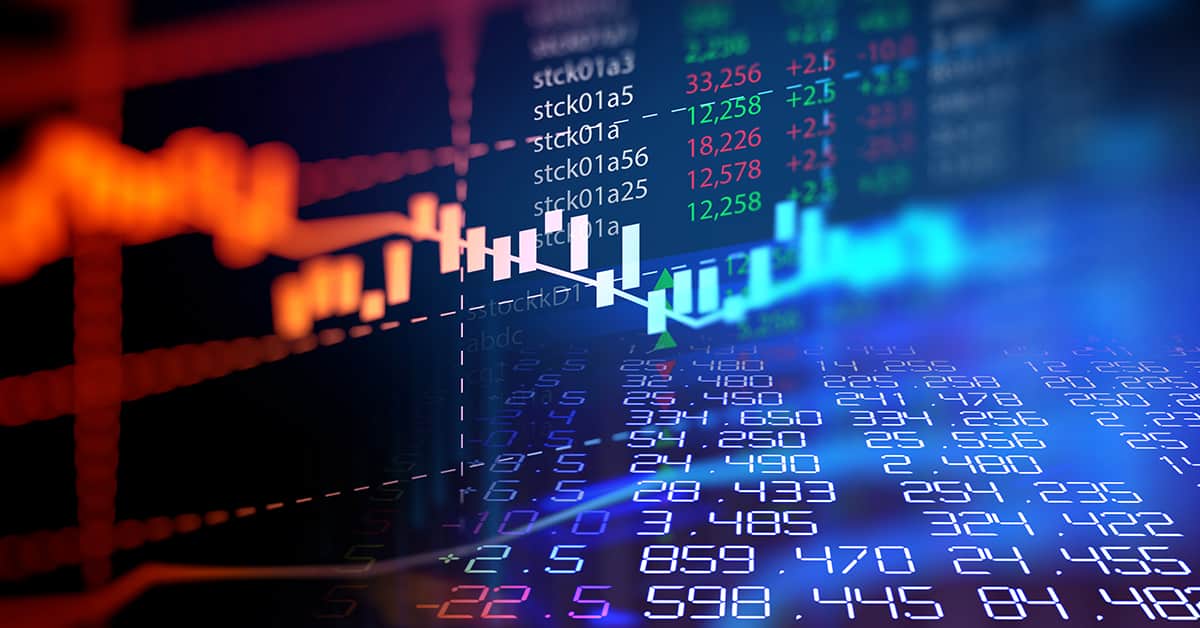
Artificial Intelligence (AI) is revolutionizing industries worldwide, and the financial sector is no exception. With its ability to process vast amounts of data, recognize patterns, and make data-driven decisions at an unprecedented speed, AI is reshaping how financial trading operates. Gone are the days when traders relied solely on intuition and experience. Today, AI-driven algorithms are enhancing efficiency, reducing risks, and optimizing profits in the fast-paced world of trading.
Interestingly, AI is also transforming other industries, including online gaming and casino platforms. Advanced machine learning models are now being used to enhance user experiences, personalize game recommendations, and even improve security measures in digital casinos. If you’re interested in how AI is revolutionizing the gaming industry, click here to explore the latest innovations in AI-powered casino technology.
From algorithmic trading to risk management, AI is creating new opportunities for both institutional investors and individual traders. However, as with any technological advancement, it comes with its challenges. Understanding how AI impacts financial trading is crucial for anyone looking to navigate the evolving landscape of modern finance.
The Rise of AI in Financial Trading
AI has gradually cemented its place in financial trading over the last two decades. Initially, hedge funds and institutional investors leveraged AI for quantitative analysis and algorithmic trading. However, with the rise of machine learning and deep learning models, AI is now capable of analyzing market trends, identifying profitable opportunities, and executing trades autonomously.
One of the key reasons AI has gained traction in financial trading is its ability to eliminate human emotions from decision-making. Unlike human traders, AI does not suffer from biases or irrational behavior, making it more reliable in volatile market conditions. This objectivity, combined with the ability to process real-time data from multiple sources, allows AI to execute trades with greater precision and efficiency.
Algorithmic Trading: AI’s Biggest Contribution
Algorithmic trading, or algo-trading, is perhaps the most significant AI-driven transformation in financial markets. This method involves using complex algorithms to analyze market data and execute trades at high speeds, often within milliseconds.
AI-powered algorithms can process historical market data, real-time price movements, and news sentiment analysis to make informed trading decisions. These algorithms identify patterns and anomalies that human traders might miss, providing an edge in competitive markets.
High-frequency trading (HFT) is a prime example of AI-driven algorithmic trading. HFT firms use AI to execute thousands or even millions of trades in a single day, capitalizing on minute price fluctuations. This level of automation allows traders to exploit market inefficiencies that are imperceptible to the human eye.
Risk Management and Fraud Detection
Financial markets are inherently risky, but AI is helping traders and institutions manage these risks more effectively. Risk management tools powered by AI can analyze potential threats in real time, enabling traders to mitigate losses and adjust their strategies accordingly.
AI models assess market volatility, credit risks, and liquidity conditions by analyzing historical data and predicting future trends. This predictive capability allows investors to make informed decisions and avoid unnecessary exposure to market downturns.
Moreover, AI is playing a crucial role in fraud detection. Trading platforms and financial institutions use AI to monitor suspicious activities and detect fraudulent transactions. Machine learning algorithms analyze trading behaviors and flag any anomalies that may indicate market manipulation, insider trading, or fraudulent schemes.
Challenges and Ethical Concerns in AI Trading
While AI offers numerous benefits in financial trading, it also presents several challenges. One of the biggest concerns is market manipulation. Since AI algorithms can execute trades at lightning speed, they can potentially influence stock prices and disrupt market stability.
Another challenge is the lack of transparency. Many AI models operate as “black boxes,” meaning their decision-making processes are not easily interpretable. This opacity raises concerns about accountability, especially when AI-driven trades result in significant financial losses.
Regulatory bodies are also struggling to keep up with AI advancements. As AI continues to evolve, financial regulators must establish guidelines to ensure fair trading practices and prevent market abuse.
The Future of AI in Financial Trading
AI’s role in financial trading is only expected to expand in the coming years. With advancements in deep learning, natural language processing, and blockchain integration, AI will continue to shape the future of trading.
One promising development is AI-driven sentiment analysis. By analyzing news articles, social media posts, and financial reports, AI can gauge market sentiment and predict how certain events will impact stock prices. This capability allows traders to make proactive rather than reactive decisions.
Furthermore, AI-powered robo-advisors are gaining popularity among retail investors. These automated investment platforms use AI to create personalized trading strategies, making financial markets more accessible to individuals who lack professional trading experience.
Conclusion
Artificial Intelligence has undeniably transformed financial trading, bringing efficiency, speed, and accuracy to the industry. From algorithmic trading to risk management and fraud detection, AI has become an essential tool for modern traders. However, its rise also brings challenges related to market manipulation, transparency, and regulation.
As AI technology continues to advance, it will play an even more significant role in shaping global financial markets. Whether you’re an institutional investor or an individual trader, understanding AI’s impact on financial trading is crucial for staying ahead in the ever-evolving world of finance.